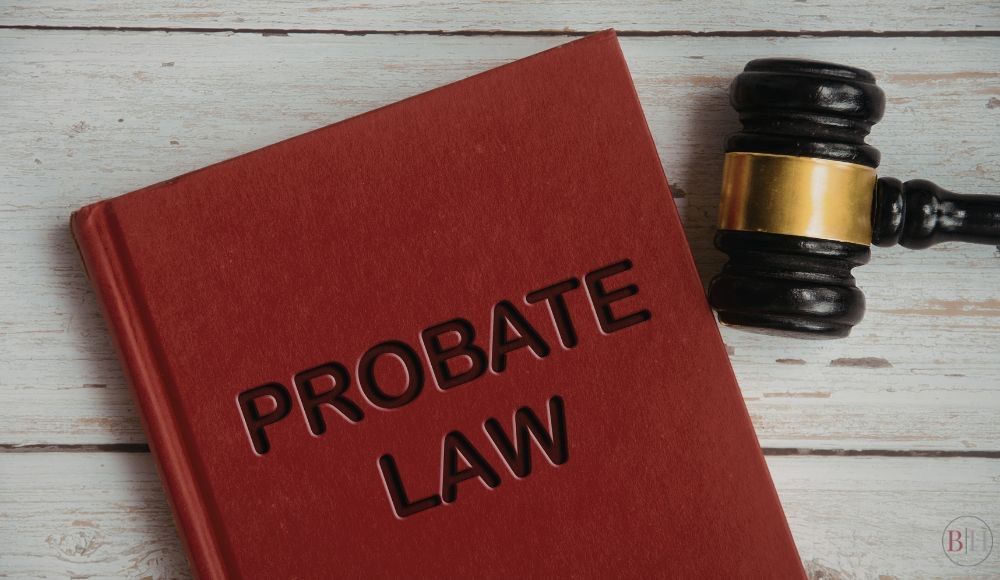Navigating Adverse Possession Claims

Understanding adverse possession claims requires studying the intricate legal framework governing property rights and disputes over land ownership. Adverse possession laws allow individuals to gain legal title to property by possessing it for a certain period under specific conditions.
This article examines the complexities of these conditions, including the legal requirements, strategies for defending against claims, and how to establish claims effectively.
Understanding these principles not only helps in asserting rightful ownership but also in defending against unwarranted claims.
Understanding the Legal Requirements
Those involved in property disputes or claims must sometimes understand the legal requirements of adverse possession. Adverse possession laws typically mandate that a claimant occupy the land openly and notoriously, meaning their use of the property is visible and evident to others without any attempts to conceal it.
The occupation must be continuous for a statutory period, which varies by jurisdiction but often ranges from five to twenty years. Additionally, the possession must be exclusive, without sharing the property with its proper owner or the public, and hostile, implying that the occupation is without the legal consent of the owner.
Familiarity with these requirements can assist individuals in validating or contesting a claim, ensuring that property rights are respected and upheld by legal standards.
Strategies to Defend Against Claims
Defending against adverse possession claims requires a strategic approach to safeguard property rights effectively. Property owners should establish clear, visible boundaries, reducing any ambiguity about ownership. Regular property inspections help detect unauthorized use early, enabling timely intervention.
If someone is using your land, consider granting written permission to prevent their claim of hostile possession. Documented permission may negate the hostility required in these cases.
Keeping detailed records of all property-related transactions and communications is crucial evidence if disputes arise. Furthermore, posting "No Trespassing" signs and enforcing boundaries through legal notices reinforce ownership rights.
In persistent adverse possession attempts, it is advisable to consult a legal professional to navigate complex disputes and ensure the proper legal measures to protect ownership.
How to Establish Claims Effectively
Effectively establishing an adverse possession claim involves adhering closely to legal requirements and systematically documenting the possession. Begin by demonstrating open and notorious use, ensuring that your occupation of the property is visible and recognizable to the public and the actual owner.
Maintain continuous and exclusive possession for the duration specified by local real estate laws, which means using the property without interruption and not sharing it with others.
To substantiate your claim, keep thorough records of your activities on the property, such as improvements made, or taxes paid. It's essential to exhibit hostile possession, indicating occupation without the owner's consent.
Seeking legal advice from a real estate lawyer can strengthen your claim, guide you in compiling evidence, and help you navigate the legal process to enhance your chances of a successful claim.
Legal Advice on Numerous Real Estate Issues
Whether you are defending against a claim or attempting to establish one, the knowledgeable real estate attorneys at Bingaman Hess can help you reach your goal.
Call us at 610.374.8377 or contact us online.









